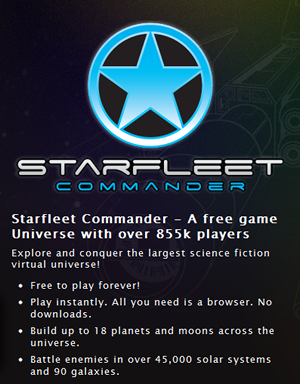MUDA MUD (originally Multi-User Dungeon and later Multi-User Dimension and Multi-User Domain), is a multiplayer real-time virtual world. It is an RPG for multiple players. MUDs combine elements of role-playing games, hack and slash, player versus player, interactive fiction, and online chat. In their simplest form MUDs are text adventures, these can be simply set up on a forum. Like minded people contribute to an online storyline rather than just 'chat'. The problem with them in this form is that storylines can be disrupted by visitors who do not want to 'play the game'.
Many MUDs were fashioned around the dice-rolling rules of the Dungeons & Dragons series of board games - the MUD being a computerised version of the role-playing game. The setting of the fantasy world is usually sci-fi or magical - but historical or mythical settings or settings based on a fictional world created in a book or film are also popular. The 'world' is populated by persons from different races/backgrounds and monsters. Players choose which class of being s/he is to be. Each class of player has specific skills or powers and aims within the game - therefore by selecting a different type of character to 'be' as you play the game, you limit yourself within the world and change the outcome of the game for yourself. The object of this sort of game is to interact with other players as you explore a fantasy world, slaying monsters, completing quests and going on adventures. Some players will co-operate with you and become allies - others will oppose you and be enemies. The interaction with real people via their computer generated aliases - shown as an avatar on screen - contributes to make playing compulsive for some people. They create an alter-ego for themselves and are able to take on characteristics that they wish they had in RL (real life). The thrill of creating a story by roleplaying within a multi-user environment, advancing the created character through the cyber-world by cyber-experiences makes MUD a useful psychology tool for looking at a person's fantasies. Not all MUDs are games; some are designed for educational purposes, while others are purely chat environments, and the flexible nature of many MUD servers leads to their occasional use in areas ranging from computer science research to geo-informatics to medical informatics to analytical chemistry. MUDs have attracted the interest of academic scholars from many fields, including communications, sociology, law, and economics. At one time, there was interest from the United States military in using them for teleconferencing. Most MUDs are run as hobbies and are free to players; some may accept donations or allow players to purhase virtual items, while others charge a monthly subscription fee. MUDs can be accessed via standard telnet clients, or specialized MUD clients which are designed to improve the user experience. Numerous games are listed at various web portals, such as The Mud Connector.
As a noun, the word MUD is variously written MUD, Mud, and mud, depending on speaker and context. It is also used as a verb, with to mudmeaning to play or interact with a MUD and mudding referring to the act of doing so. A mudder is, naturally, one who MUDs. Compound words and portmanteaux such as mudlist, mudsex, and mudflation are also regularly coined. Puns on the "wet dirt" meaning of "mud" are endemic, as with, for example, the names of the ROM (Rivers of MUD), MUCK and MUSH codebases and the MUD Muddy Waters. |
|

Custom Search
 More sophisticated text MUDs are set up on special domains - users registering to become part of the world. At their most complex you enter a visual world and have a 3D-avatar. Rather than being a MUD these games are called
More sophisticated text MUDs are set up on special domains - users registering to become part of the world. At their most complex you enter a visual world and have a 3D-avatar. Rather than being a MUD these games are called 
